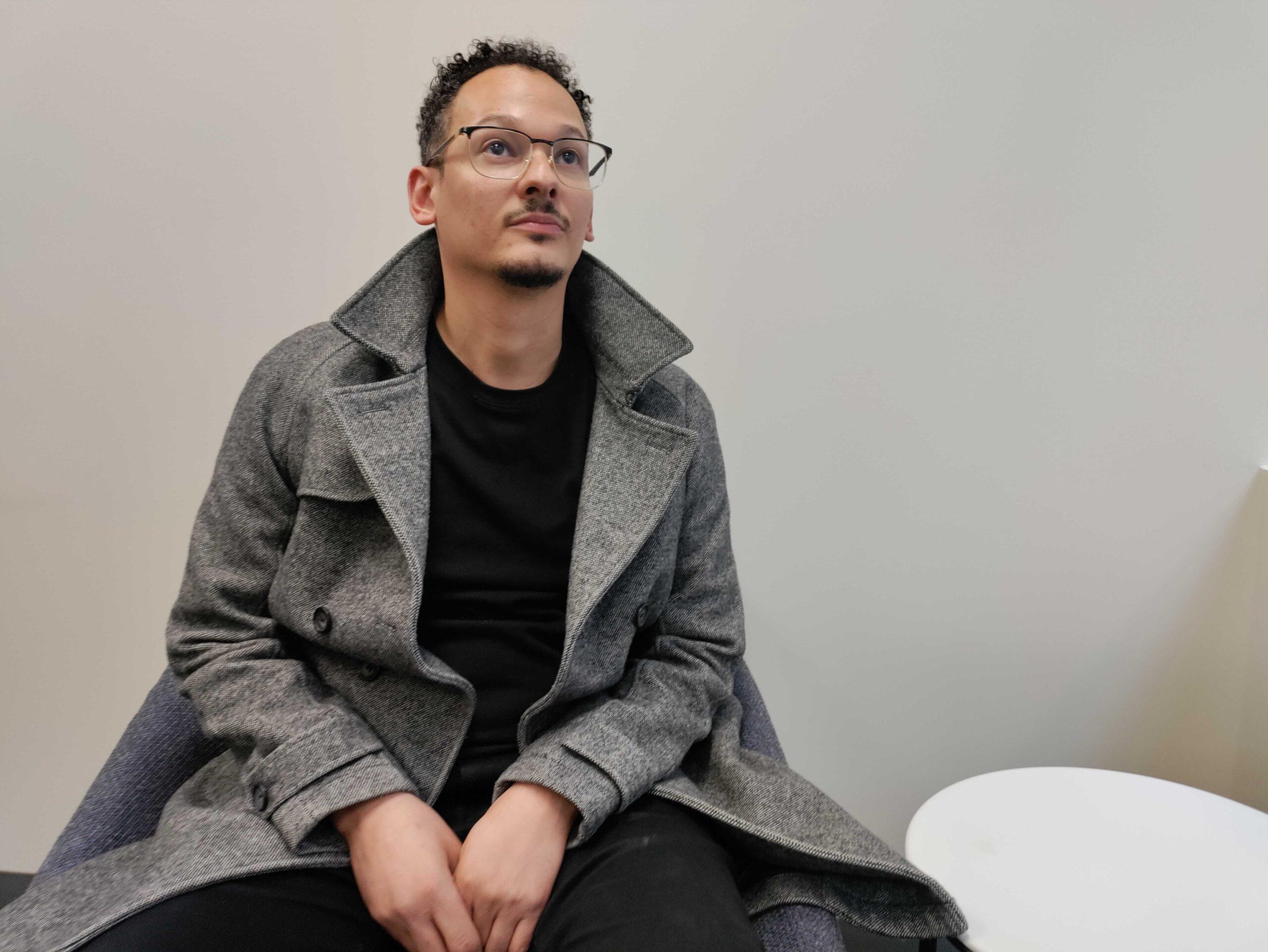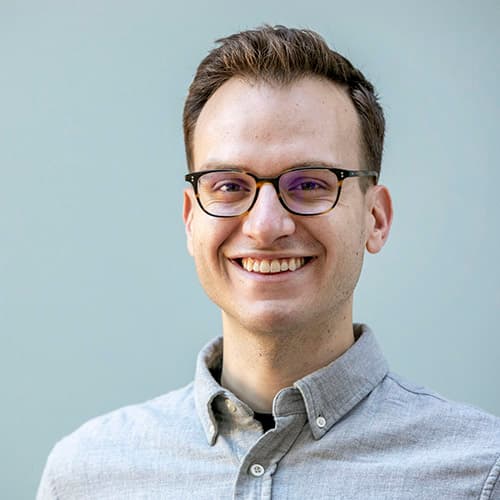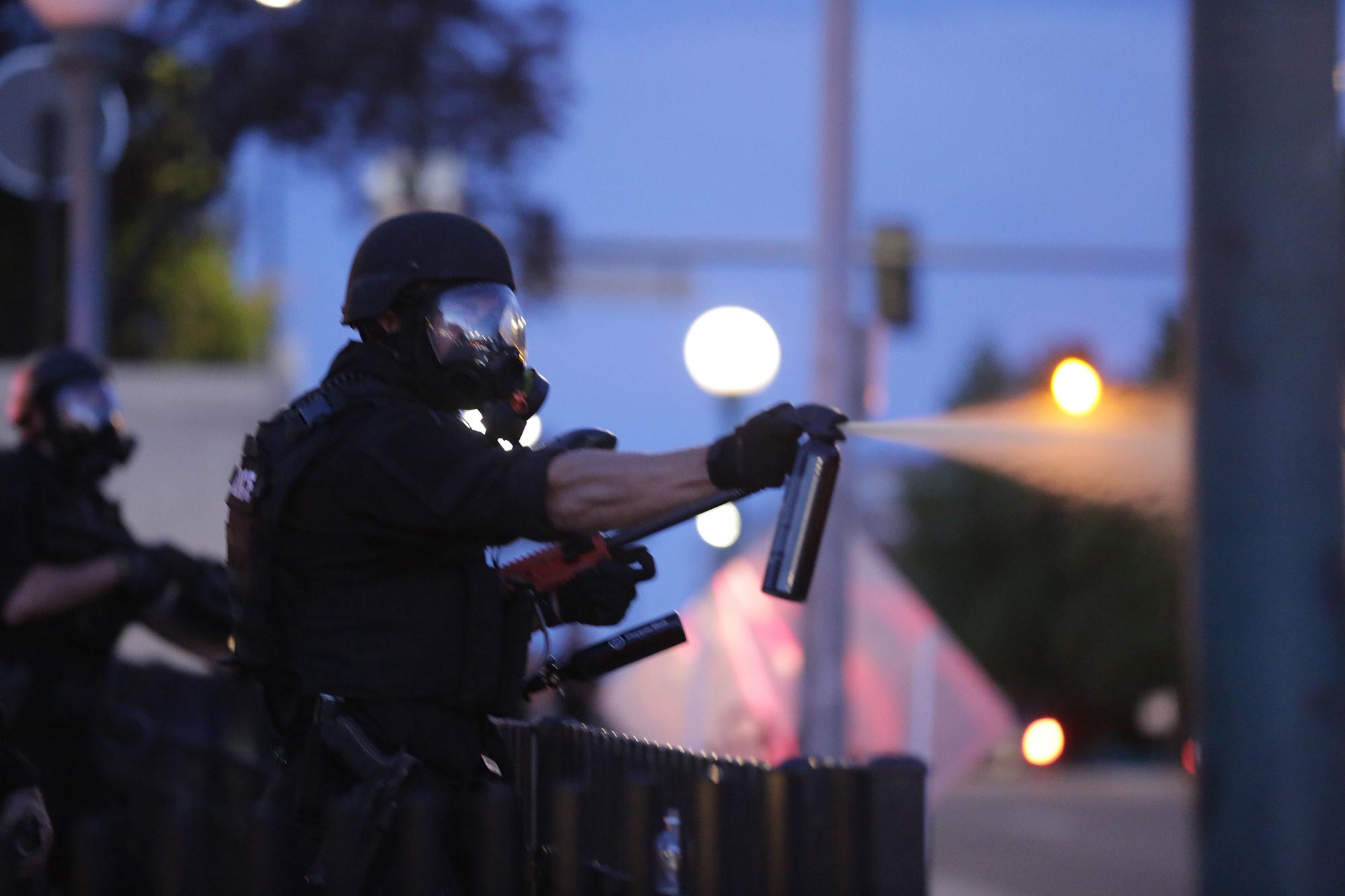Stanford Smith had never been to a protest before the summer of 2020. But when he watched a video of George Floyd's murder in late May that year, he was moved to join thousands of others in Denver and across the country demonstrating against police violence.
On May 30, he joined a crowd marching along Colfax Avenue. Demonstrators were angry but peaceful, carrying signs and chanting "Hands up, don't shoot!"
Shortly after arriving, the atmosphere changed. Denver police fired pepper balls and tear gas into the crowd. Demonstrators dispersed in every direction.
"It was chaos," Smith said.
Later that day, an officer doused Smith in the face with pepper spray during another protest on the State Capitol grounds. Smith screamed and tumbled to the ground, flushing his face with water. After the incident, he went home out of fear, he said.
"The whole time I never heard any warning," Smith said. "The only warning I heard that day was 'pow, pow, pow,' shots fired."

Smith is one of a dozen plaintiffs in one of the first cases in the country related to protests that summer to make it to trial. Proceedings kicked off this week in U.S. District Court in Denver, where lawyers with the ACLU of Colorado and other Denver firms, along with city attorneys, laid out opening arguments and questioned witnesses, including high-ranking members of the Denver Police Department.
Their goal is to get money for the protesters' injuries and the department's alleged violations of protesters' constitutional rights. The judge presiding over the trial could also order DPD to change certain policies and practices around the way it handles future protests.
"This isn't a case of just a few rogue officers who are accused of violating sound city policies," said Mark Silverstein, legal director with the ACLU of Colorado. "The jury is going to be asked to rule that the policies and practices sanctioned by the higher-ups, the police department and the City and County of Denver itself, that they caused the violation of protestors rights."
DPD did not respond to a request for comment about the case.
Attorneys representing the city argued this week in court that police acted in the best interest of public safety while surrounded by chaos. Officers had trouble distinguishing between peaceful and non-peaceful protesters, said Lindsay Jordan, a city attorney.
Jordan told jurors in her opening arguments that protesters' First Amendment protections "are not unlimited."
"What can limit these protections? Unlawful behavior," Jordan said.
The plaintiffs' case leans heavily on a 2020 report issued by the city's former Independent Monitor, who oversees investigations into law enforcement conduct. It found that DPD leadership did not require officers to prepare use of force statements, which are documents that officers log when they use so-called less-lethal ammunition or other means to control crowds.
Denver did not require all officers to activate their body worn cameras, according to the report. They also did not track the number of less-lethal munitions they used on protesters, such as flag-bang grenades and pepper ball guns, among other shortcomings.
The city has already settled similar excessive force lawsuits brought by injured protesters. Last month, Denver City Council unanimously approved settlements with two protesters without going to trial. Denver has spent more than $1.3 million settling claims to date.
That number is likely to grow. On Thursday, another protester, Darrell Hampton, filed a federal civil rights suit against the city. Hampton's video of police shooting him in the face with a pepper ball during the demonstrations went viral and sparked intense criticism of the department.
"Until someone is held accountable, Denver officers will continue to violate the constitution," said Andy McNulty, Hampton's lawyer, in a statement.
Police reform advocates are watching the trial's outcome closely.
Rep. Leslie Herod said the size of the class action suit represents a "leap towards accountability" for the department's actions during the 2020 protests. Herod sponsored several major police reform bills in the wake of Floyd's murder.
"This trial has a huge impact on our policy making at the Capitol, but additionally on what Colorado believes is acceptable and unacceptable when it comes to the treatment of protesters," Herod said. "As this case moves forward, I believe you'll see change happening at the state level but also the country based on what the findings are."
The number of officers and high-ranking officials being called on to testify during the trial is unprecedented, said Lisa Calderón, executive director of Emerge Colorado and a former member of a city task force convened to examine DPD's use of force.
"Unfortunately none of these decision makers are being held accountable in criminal court," she said. "If anyone else who isn't a police officer were to take the kind of actions they did, we would be held accountable. This is far from true justice."
The trial is expected to last up to another two weeks.
It will include testimony from retired DPD Commander Patrick Phelan, who led the department's response to the protests. The city's former Independent Monitor, Nick Mitchell, is also scheduled to testify.
Since his interaction with police during the protests, Smith has developed a greater fear of law enforcement.
"I think they have a very tough job," Smith said. "If somebody is doing something illegal, then yeah, they may need to be reprimanded. But you can't just fire off into a crowd and excessively and maliciously shoot them in the back, I do not agree with that by any means."
He plans to attend the entire proceedings, he said.
"I don't want anybody to have to go through anything that I and other protesters that were there that were injured," Smith said. "Accountability to me looks like creating a place we can protest peacefully and get our word out."












